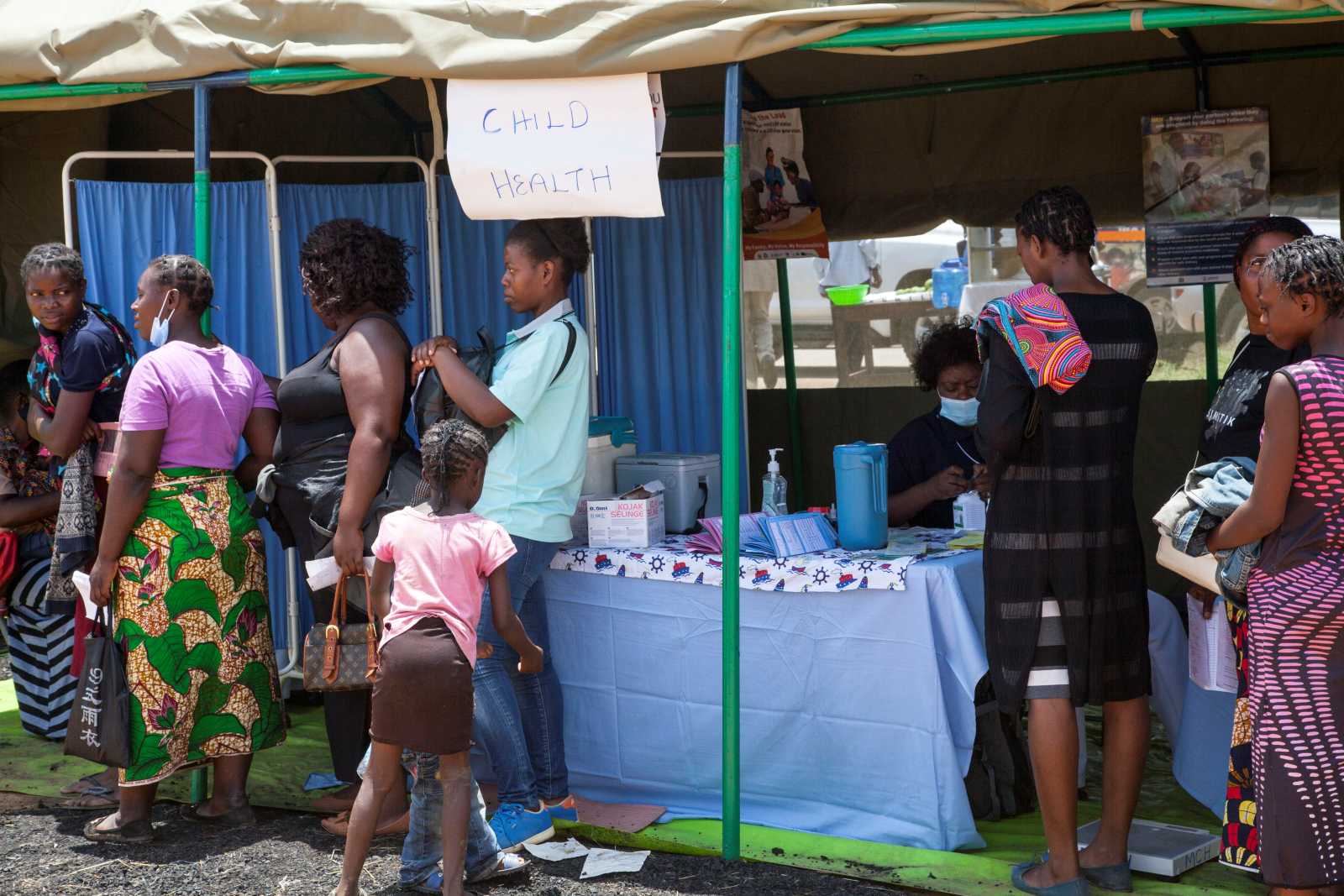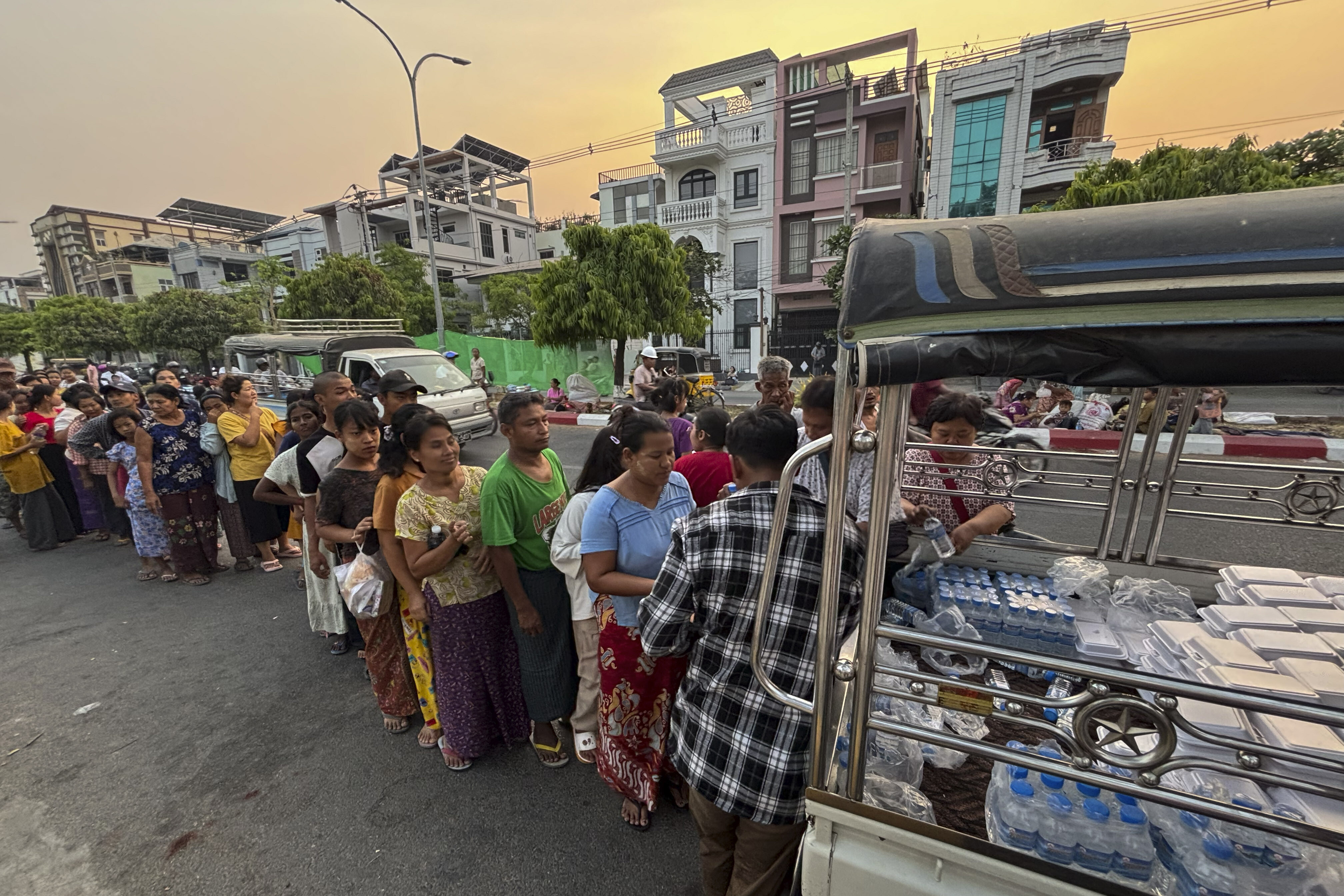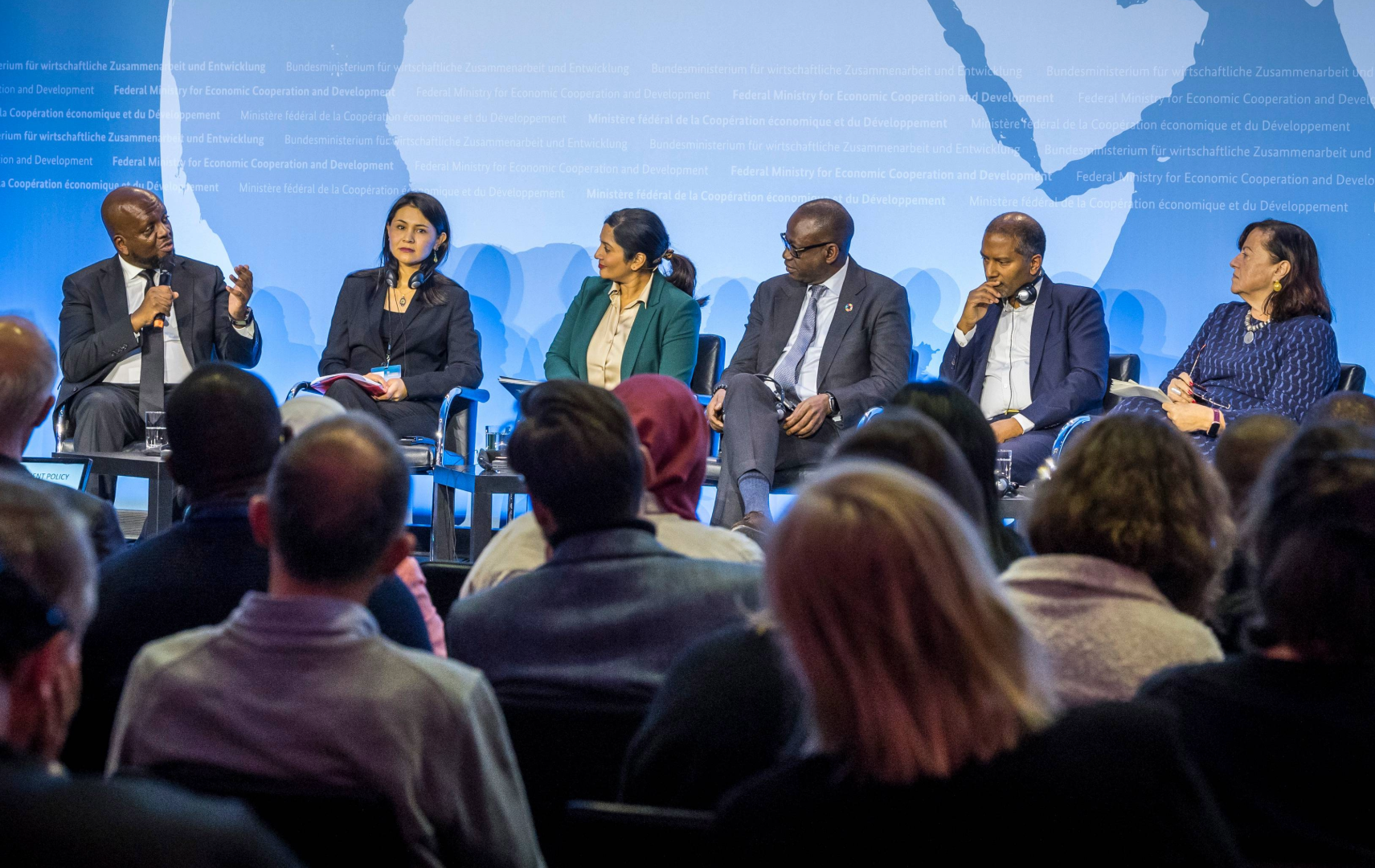Development assistance
“Pathologic equilibrium” between Mozambique and its donors
Off the record, donor officials doubt whether budget support is working out well in Mozambique. “I’m afraid they are laughing their heads off behind our backs,” said the representative of a foreign aid agency in Mozambique, when asked last year whether the government in Maputo was responsibly managing the funds granted collectively by several donors. Which implies: the donors transfer the money, but ultimately cannot control precisely what the Mozambican partner does with it.
But do donors really want to know in such detail? No, maintains a recent study by the Department of Politics and International Relations at Oxford University. The relationship between Mozambique and its donors is more complex than it appears at first glance, claims the study. The donor countries and multilateral development agencies need Mozambique as a success story. So as to not upset the partner, they may even turn a blind eye to certain cliques within the Mozambican ruling Frelimo party lining their own pockets. The Frelimo elite, in turn, largely do what the donors tell them, just as long as development aid flows and contributes to their good livelihoods. The authors of the study, Paolo de Renzio and Joseph Hanlon, describe this as a “pathologic equilibrium” between the Mozambican government and its donors.
Mozambique has been one of the “darlings” of international development assistance for decades (see article on this subject on p. 92 in this issue). In its time as a liberation movement, Frelimo had already learnt to win supporters and maintain good relations with them. According to the authors, Frelimo’s ability to adapt to the changing requirements of their financial backers is illustrated, for example, in the sudden swing from a socialist to a capitalist economic model after the Soviet Union collapsed.
Since then, the Mozambican government has largely followed the market-based development path prescribed by the donors. It does not have a plan of its own. Proof of this, according to the study, are the two poverty reduction strategy papers the government presented to date, for example, which mirror almost exactly the respective positions of the international development debate at the time the papers were drafted. Those in power in the Frelimo accept this loss of sovereignty because it comes with personal pay-offs for them. According to the study, there is conflict within the party over the corrupt behaviour of individual members. But the pressure to present a unified front prevents these conflicts from being dealt with openly, let alone being resolved. The opposition and Mozambican civil society, including the media, are too weak to exert any pressure.
The donors in turn, have pushed rather half-heartedly to effectively tackle corruption, maintain de Renzio and Hanlon. This is illustrated, for example, by the way the bank scandal was handled at the end of the 1990s: people linked to the ruling elite looted Mozambique’s two main banks shortly after they had been privatised under pressure from the World Bank and the International Monetary Fund. A journalist and a Central Bank employee, who were on the trail of the perpetrators, were assassinated just months apart from one another. The investigation of the murders has been delayed time and again. According to the study, the donors ignored appeals by Mozambican civil society to withhold aid from the government if it did not make a serious effort to solve the murders.
The partial shift in development cooperation towards budget support has not fundamentally changed the interdependence between the donors and the Mozambican government. Since the introduction of the new instruments, the pressure for both parties to succeed is actually greater than ever before. Mozambique’s ownership has not increased, only the way in which donors exert their influence has changed: they no longer place conditions, but they are directly involved in government politics via the mechanisms to administer the budget support. The authors refer to a “post-conditionality regime”, in which one can no longer clearly differentiate between the interests of the donors and those of the partner government. This kind of regime is typical for countries that are highly dependent on development assistance and are popular with the donors. According to the study, “in these countries, donors have given themselves the difficult task of promoting ‘partnerships’ and ‘ownership’, while at the same time guaranteeing that such ownership still adheres strictly to their predominant development paradigm.”
At the same time, the Mozambican government is still proving to be recalcitrant when it comes to matters concerning the fight against corruption. The authors admit that the donors did in fact increase the pressure to a certain extent last year. For instance, a report prepared together with the government assessed the efforts to tackle corruption as “not satisfactory”. However, in the same report both sides graded government performance overall as “satisfactory” – and thus maintained their “pathologic equilibrium”. (ell)














